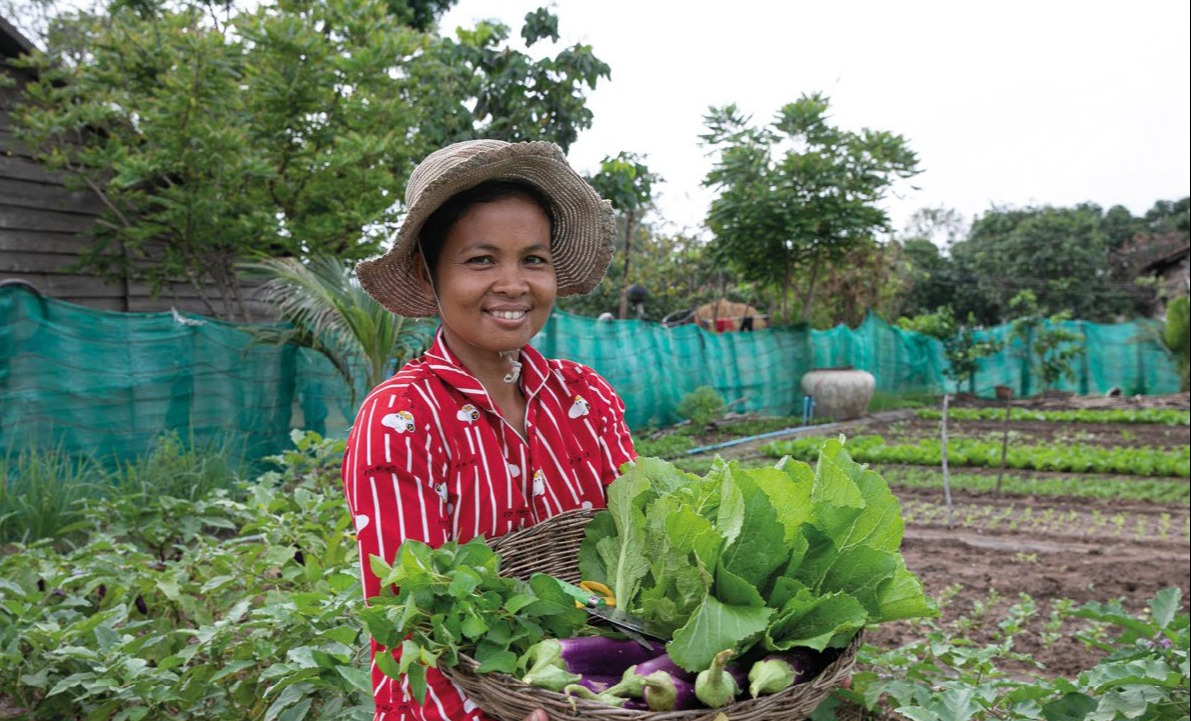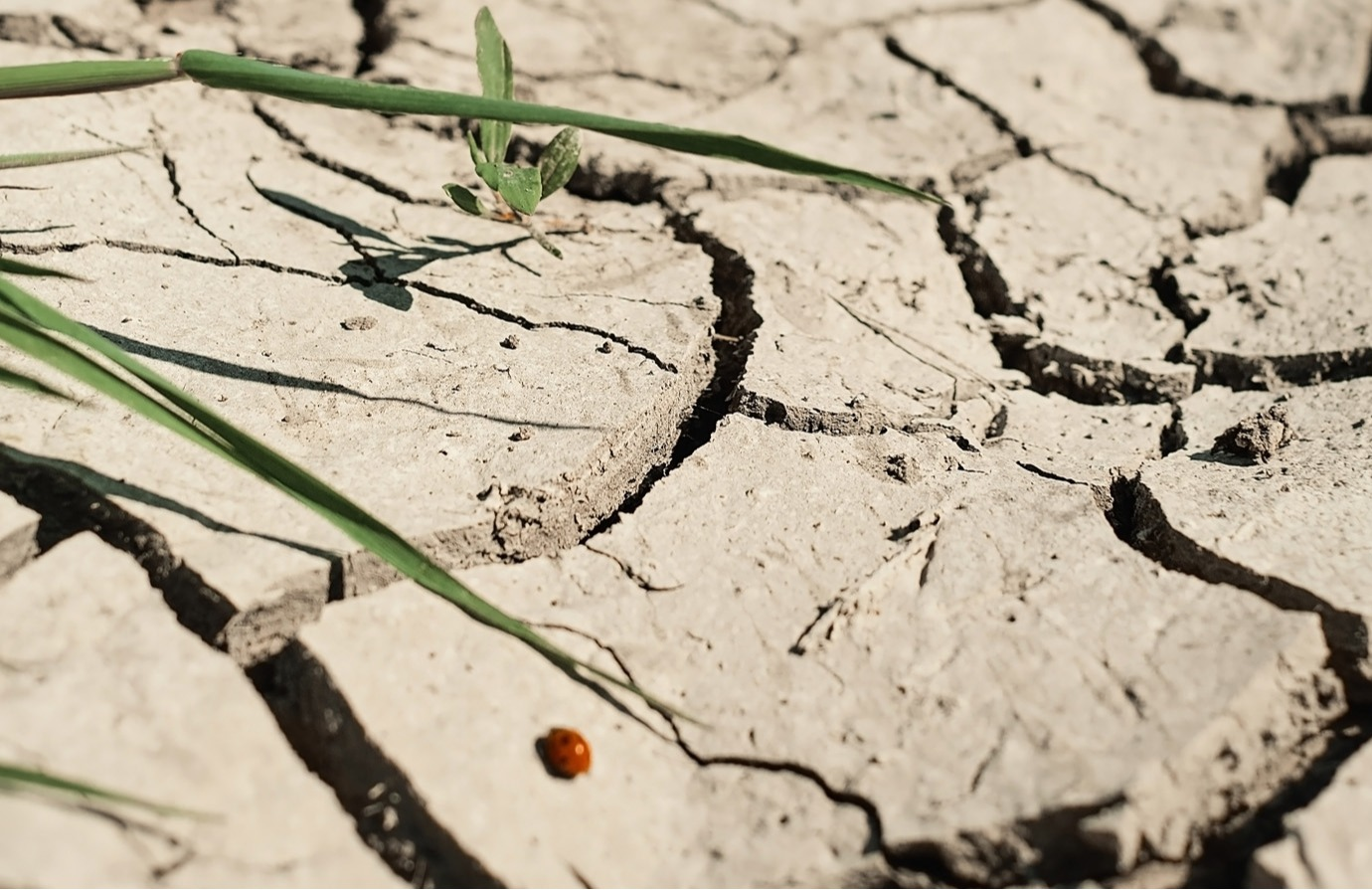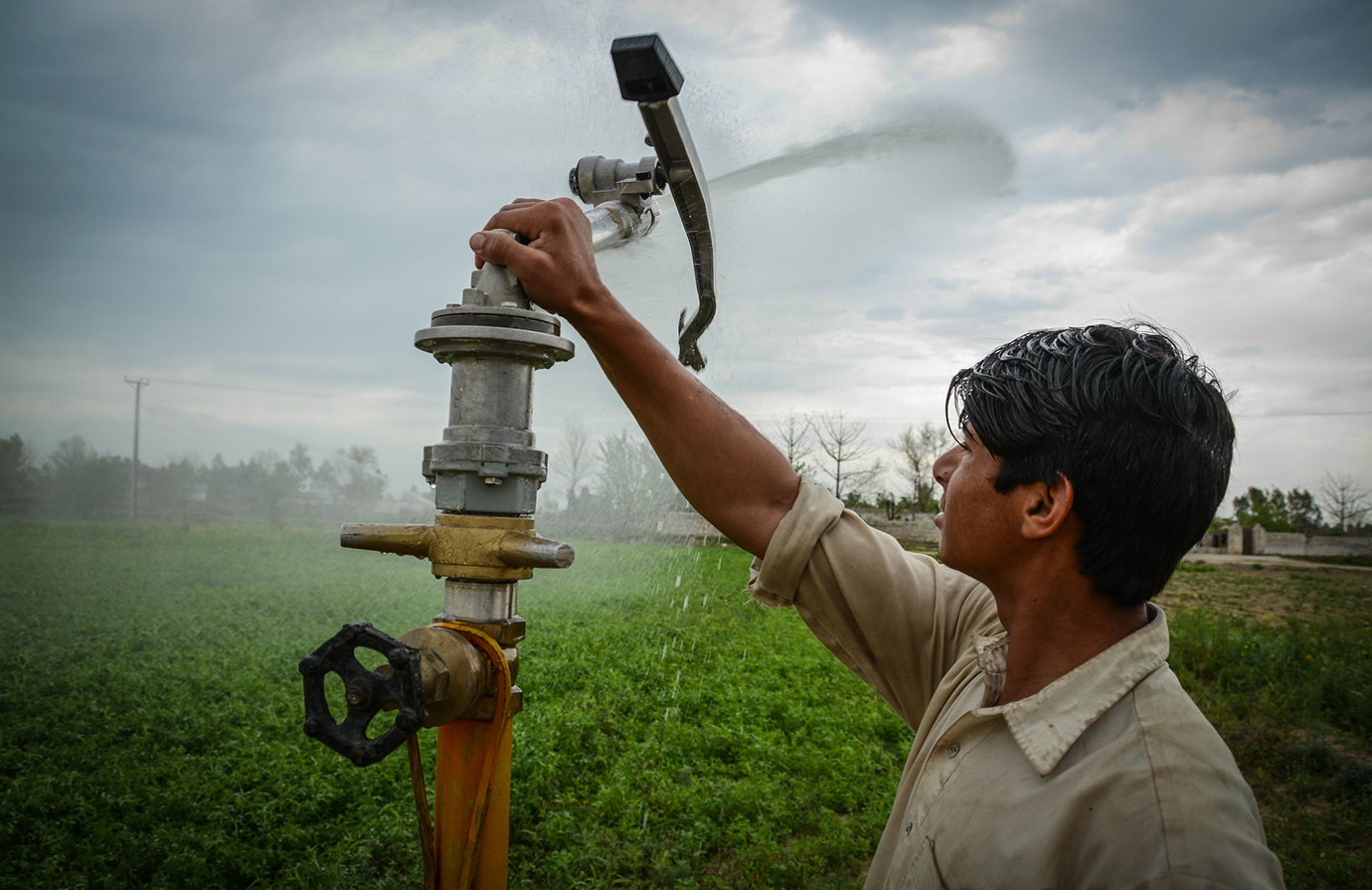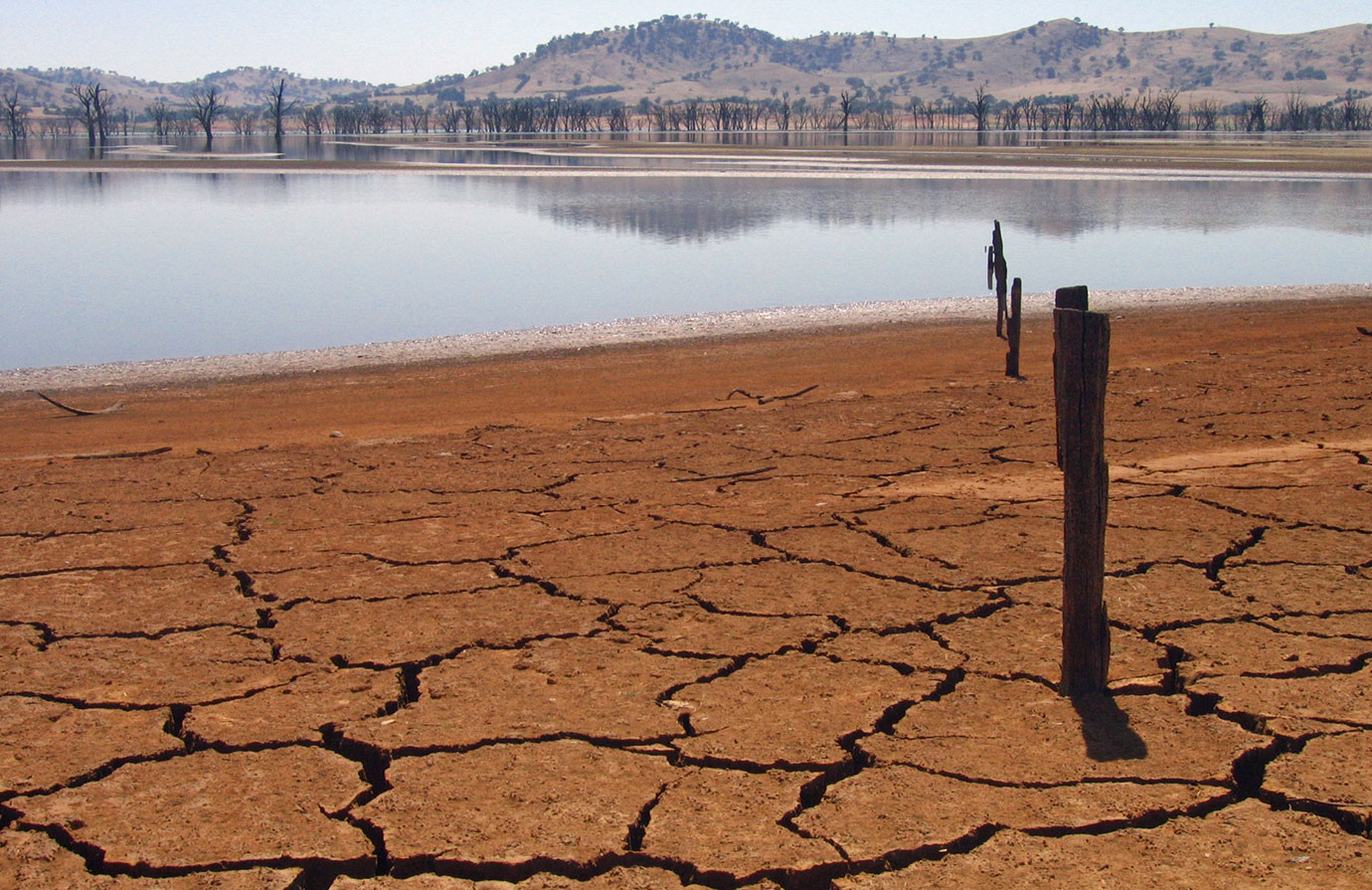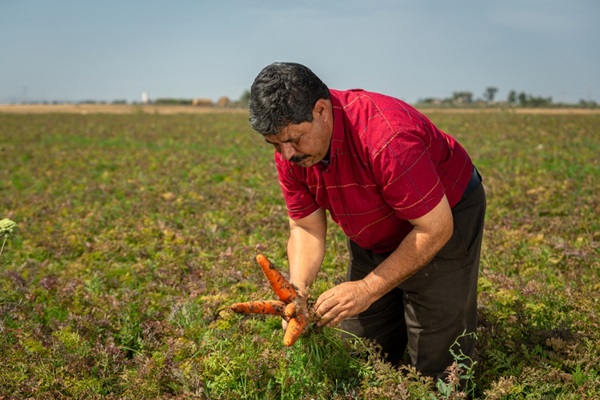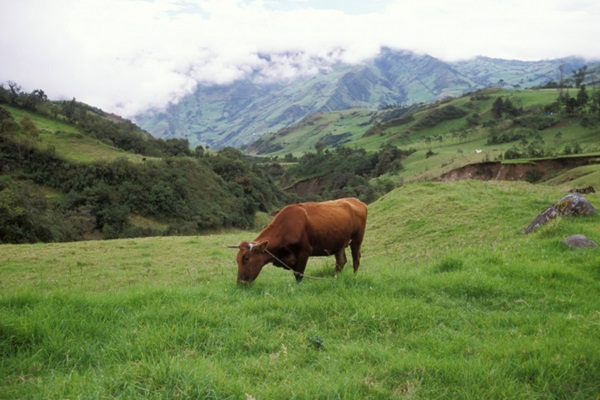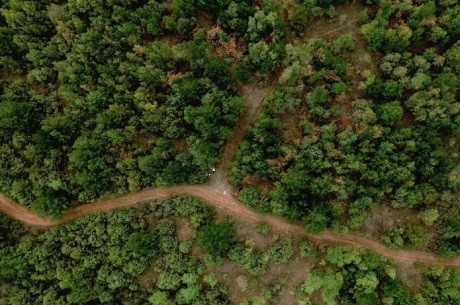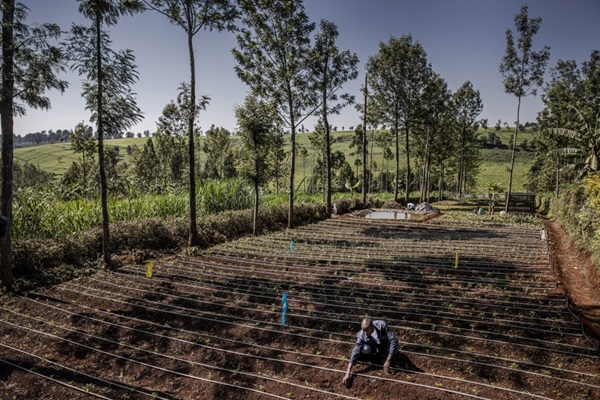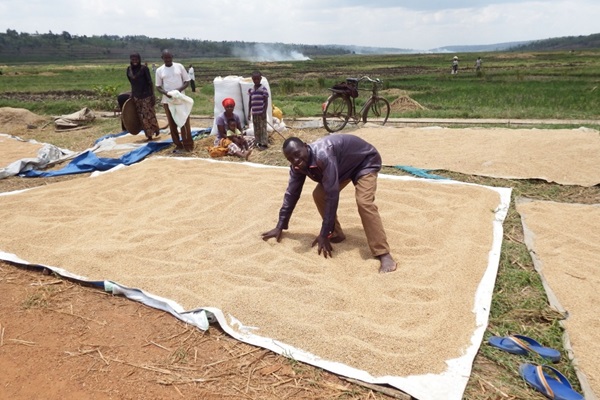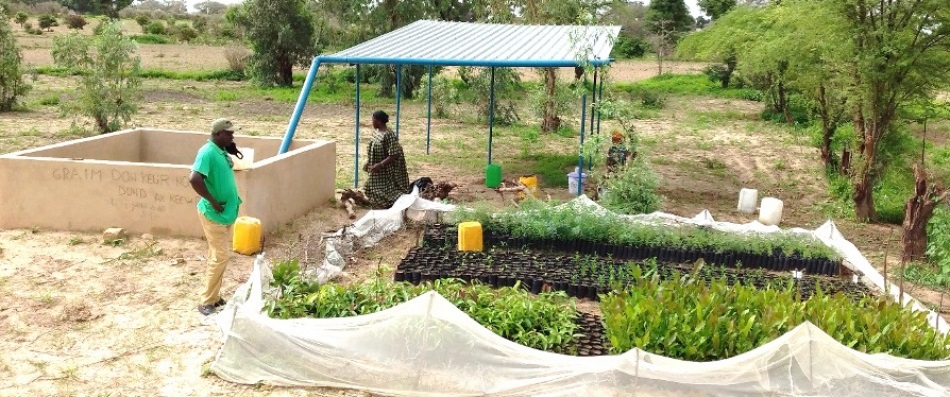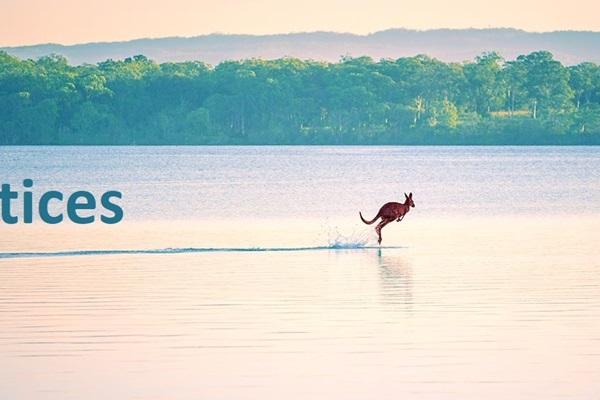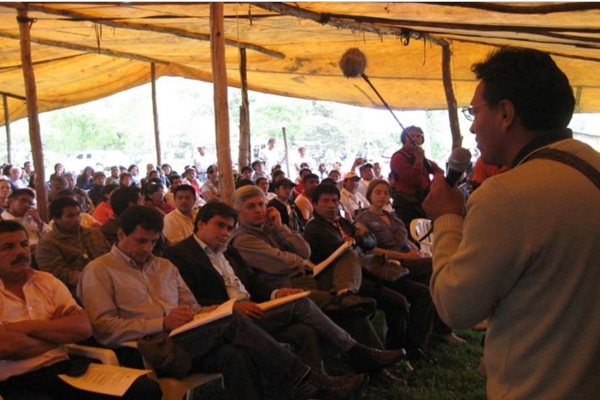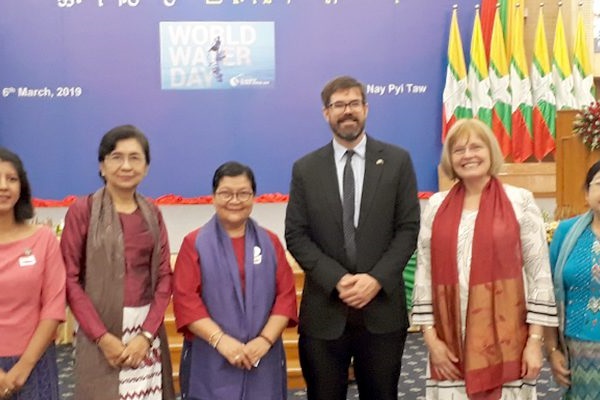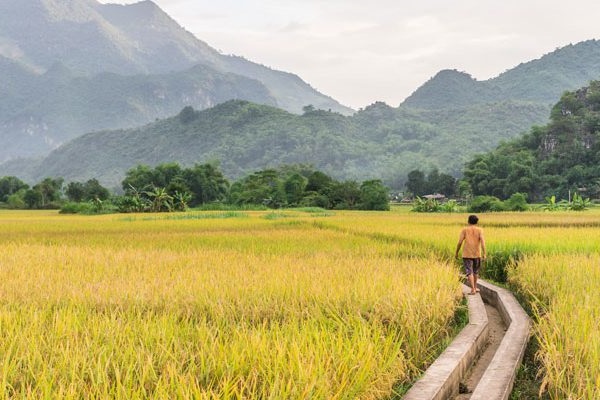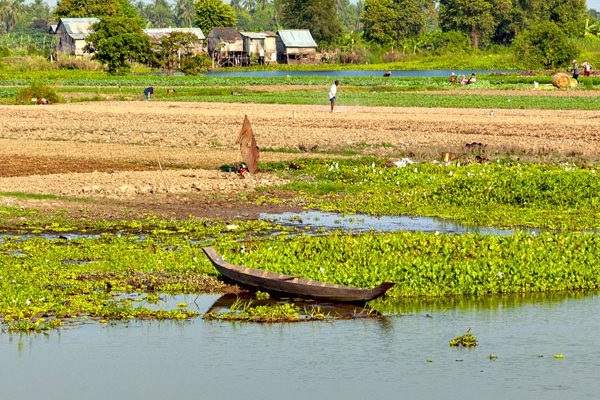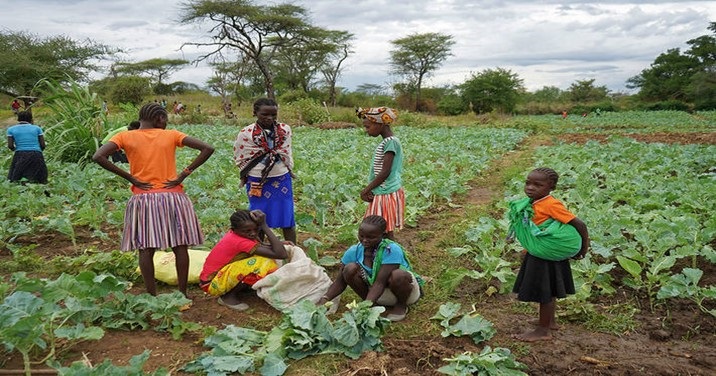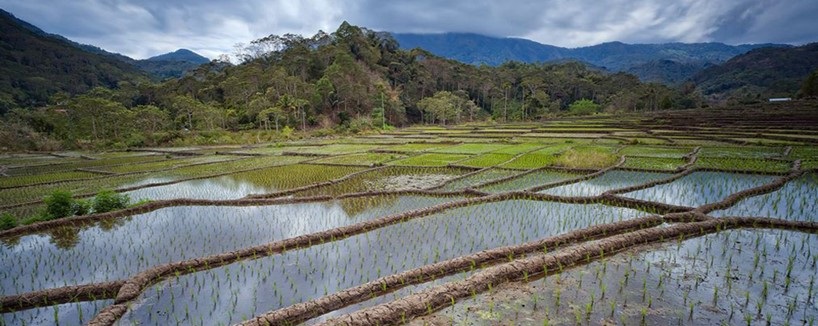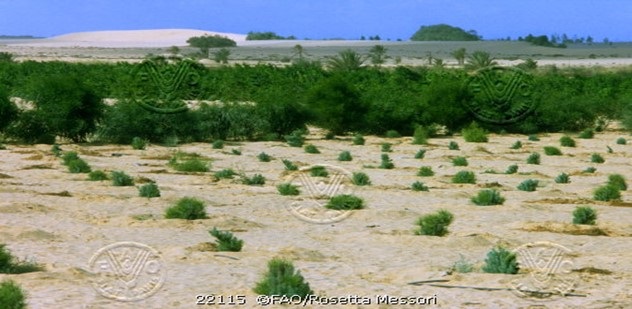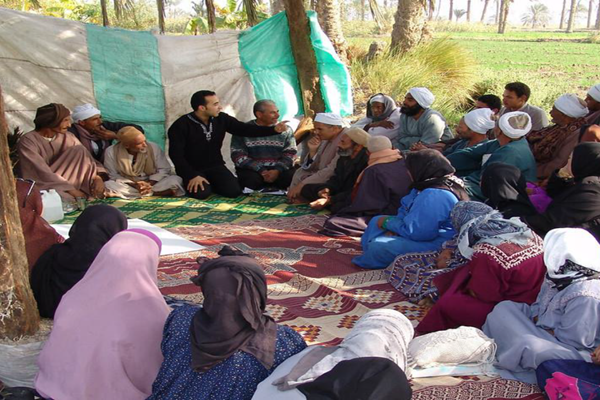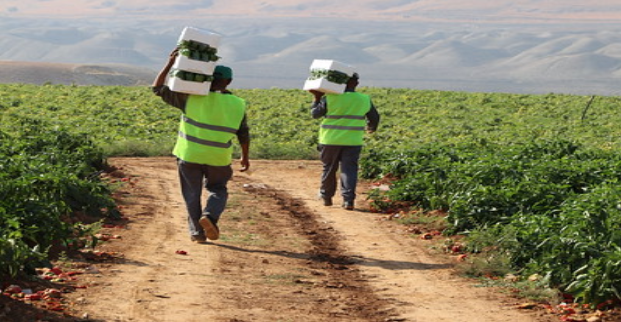inter-Regional Technical Platform on Water Scarcity (iRTP-WS)
inter-Regional Technical Platform – Water Scarcity (iRTP-WS)
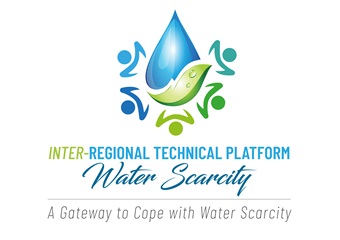 Delivering on SDG 6 and SDG 2 of the 2030 Agenda for Sustainable Development is considered a cornerstone towards achieving the global goal of "Leaving
No One Behind". Yet, despite continuous global and national efforts, it remains a challenge. Various regional and global reports indicate deficiencies threatening the achievement of the objectives of the water-related targets in the 2030 Agenda.
Delivering on SDG 6 and SDG 2 of the 2030 Agenda for Sustainable Development is considered a cornerstone towards achieving the global goal of "Leaving
No One Behind". Yet, despite continuous global and national efforts, it remains a challenge. Various regional and global reports indicate deficiencies threatening the achievement of the objectives of the water-related targets in the 2030 Agenda.
According to the 2020 FAO State of food and agriculture report, water scarcity currently affects 3.2 billion people, of whom 1.4 billion live in rural areas, and 60% of irrigated lands are highly water-stressed. In the absence of urgent action, the situation will deteriorate, under the combined effects of a growing population, economic development, and climate change.
Highlights
News

iRTP-WS Concludes 2024–2025 Biennium with inter-Regional Workshop on WEFE Nexus Solutions!
04/01/2026
The Inter-Regional Technical Platform on Water Scarcity (iRTP-WS) convened its final workshop for the 2024–2025 biennium on 26–27 November 2025 in Cairo,...

FAO Launches WatNEX Engine to Strengthen Nexus-Based Decision-Making
05/11/2025
FAO Regional Office for the Near East and North Africa (FAO-RNE), in collaboration with FAO office for Asia Pacific (FAO-RAP) and FutureWater, officially...
Blogs

Conjunctive Water Management for Water Security: Insights from the Sahara and Sahel Observatory
Conjunctive Water Management for Water Security: Insights from the Sahara and Sahel Observatory
29/08/2025
As an intergovernmental organization, the Sahara and Sahel Observatory (OSS) has the mandate to support its member states in addressing environmental challenges in arid, semi-arid and dry sub-humid areas. Water, being a cross-cutting resource, is at the heart of its strategic orientations.

Integrated Water Resources Management
Groundwater Aquifers Recharge with Treated Wastewater
28/05/2025
Groundwater aquifer recharge with treated wastewater is a sustainable solution to address water scarcity, enhance water security, and mitigate over abstraction of groundwater reserves. Technically, this process involves advanced treatment of wastewater to remove contaminants such as nutrients

Blog- Resilience and Climate Change Adaptation
Advancing Sustainable Financing for Water Security: Treating Water as an Asset Class
16/03/2025
Water security is a cornerstone of sustainable development, yet financial constraints continue to limit the scale and impact of climate adaptation efforts. Traditional funding approaches often view water as a public service rather than an economic asset, leading to chronic underinvestment.
Events
E-learnings
Best Practices
Key databases and software models
- AQUASTAT: FAO’s global water information system
- AQUACROP: The industry-leading crop–water productivity software model
- AQUAMAPS: Global spatial database on water and agriculture
- CROPWAT: A decision support tool developed by the Land and Water Development.
- CLIMWAT: A climatic database.
Contacts
- Mohamed AlHamdi Senior Land And Water Officer
- Heba AlHariry Land and Water Officer

_page_01_image_0001.jpg?sfvrsn=f2a9da47_3)
